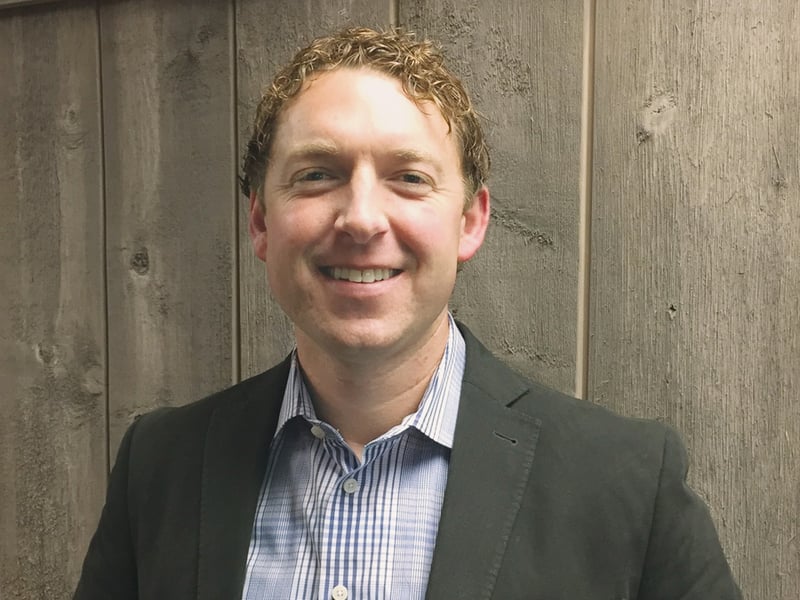Ryan Linenger created his advisory firm six years ago with the premise that he would act as his clients' personal CFO, because that title best describes the comprehensive planning and financial management role he likes to play in their lives.
“It gets people focused on more than just an investment offering,” said Mr. Linenger, founder of Glen Ellyn, Ill.-based Linenger Wealth Management. “I come at it with a solutions approach, helping clients solve their balance sheet, budget, tax, estate, insurance and any other financial needs.”
Essentially, as their chief financial officer, he makes their lives easier by proactively taking on and planning for most financial issues, and is available to them when related situations arise, such as buying a car or taking out a mortgage.
(More: Sheryl Garrett on the importance of making impartial financial advice accessible to all)
He's crafted a fee model that allows him to offer such services to clients with any size portfolio, by instituting a $5,000 a year minimum. For higher-wealth clients, he charges 0.95% on the first $1 million in assets, and the fee level tiers down as assets rise. His firm has $55 million in assets under management.
Mr. Linenger, 36, left a large registered investment advisory firm in 2010 because he wanted to offer full financial planning services to his peers, some of whom have not yet reached a level of wealth that makes them profitable for typical RIAs.
“There are so many Gen Xers who need this type of offering,” he said.
(More: Forget boomers and millennials, Gen Xers need advisers help the most)
Mr. Linenger said he's created a profitable business by outsourcing most of the back-office and administrative duties, and by investing in an integrated technology package, Envestnet | Tamarac, which incorporates portfolio management, client relationship management and adviser rebalancing.
He begins working with a new client by getting up close and personal, learning the ins and outs of their goals and dreams. In the first few months, he and his sole employee, a support adviser, put 20 to 30 hours of financial planning work into the relationship before they invest any assets for the client.
Mr. Linenger questioned how some advisers can invest a client's money after only having them fill out a questionnaire.
“I want to take the least amount of risk we need to to meet their goals,” he said.
Tip sheet:
• Emphasize the value of financial planning and all that it encompasses, from tax, estate, budgeting, college savings, insurance protection and other services. Address these issues before the investment piece.
• Invest the time upfront to understand the full needs of the client and how much risk they need to take to meet their goals.
• Be efficient by outsourcing everything possible — such as back-office, administrative and compliance work — and look for technology services to maximize advisers' time preparing for and meeting with clients.
• Act as a sounding board for clients and encourage them to discuss all financial decisions, as well as other major life decisions that clients may not realize have financial implications.
• Encourage clients to create and maintain a budget. Even a rough one is better than none to get them used to being held accountable to a plan. They may earn enough now that their spending habits don't hurt them, but retirement could be a jolt.
• Develop a fee model that compensates the firm for time spent on financial planning, as well as investment management.







